
Beshalach: Man Does Not Live By Bread Alone
Parshat Beshalach - In my family, when we sat down to a steak dinner with all the trimmings someone would invariably say, “Well, you know...

In my family, when we sat down to a steak dinner with all the trimmings someone would invariably say, “Well, you know, man doesn’t live by bread alone.” This phrase is probably the most popular quote, or rather misquote, from the Torah. Does the Torah imply that we should avoid eating simply and indulge in gourmet meals instead?
Put in context, the actual source is part of Moshe’s (Moses’)exhortation to the Children of Israel before he passed away:
“He oppressed you and made you hungry, and He fed you the manna that neither you knew nor your forefathers knew, in order to inform you that not by bread alone does man live, rather by the entire expression of God’s word does man live” (Devarim 8:3).
The verse is not exhorting us to endlessly pursue luxuries, like Marie Antoinette who flippantly reacted to the news of the starving serfs with, “Let them eat cake.”
Not by Bread Alone
Man does not live by bread alone, indeed; he lives by God’s word. The manna was the instrument of this lesson, and it’s mentioned for the first time in this week’s Parsha. The lesson was meant for all generations:
“Moshe said, This is the thing that God commanded: Let one omerful of it be preserved for your generations, in order that they see the bread that I fed you in the desert when I took you out of the land of Egypt” (Shemot 16:32).
Rashi explains: “For your generations” – In the days of Yermiyahu (Jeremiah), when Yermiyahu rebuked them, [saying] “Why do you not engage in the Torah?” They would say, “Shall we leave our work and engage in the Torah? From what will we support ourselves?” He brought out to them the jug of manna. He said to them, “You see the word of the Lord” (Yermiyahu 2:31). It does not say ‘hear’ but ‘see.’ With this, your ancestors supported themselves. The Omnipresent has many agents to prepare food for those who fear Him.”
Rabbi Chaim Shmuelevitz, the late Rosh HaYeshiva of Yeshivat Mir in Jerusalem writes that the manna teaches us to have bitachon (trust) in God. For the entire forty years that the Jewish people were in the desert, they lived completely on their bitachon in God. They wandered in the arid wasteland without food for tomorrow’s meal. It was impossible to leave over some of the manna for the following day, as it says: “No man may leave over from it until morning” (Shemot 12:19). This national experience brought the entire nation to a very high level of bitachon (Sichot Mussar, Chelek 2, Maamar 17).
Originally, man was created for to live without worries in the Garden of Eden. But after Adam HaRishon (Adam, the first man) sinned by eating of the Tree of the Knowledge of Good and Evil, he was cursed that “by the sweat of your brow shall you eat bread” (Bereishit 3:19).
During the forty years in the desert, the Children of Israel were on such a high spiritual level that they were sustained directly by God. But although they were sustained directly by God, they still had to fulfill the curse of “by the sweat of your brow shall you eat bread.” Each person had to collect his daily portion of manna. They were given a tangible lesson in bitachon when they saw anew each day that a person’s livelihood is independent of his efforts.
“And the Children of Israel did so: they gathered, both the one who gathered much and the one who gathered little” (Shemot 16:17). Adds Rashi: “Some gathered [too] much [manna] and some gathered [too] little, but when they came home, they measured with an omer, each one what he had gathered, and they found that the one who had gathered [too] much had not exceeded an omer for each person who was in his tent, and the one who had gathered [too] little did not find less than an omer for each person. This was a great miracle that occurred with it [the manna].” We read this explicitly in the next verse: “And they measured [it] with an omer, and whoever gathered much did not have more, and whoever gathered little did not have less; each one according to his eating capacity, they gathered” (Ibid. 18).
Divinely Apportioned
Each person’s portion of manna was Divinely apportioned exactly according to his needs, and not according to the amount of toil that he put into gathering it.
The Rabbi Simcha Zissel Ziv, the Alter of Kelm, pointed out some people devote their entire life to becoming wealthy, yet struggle to survive, while others, no matter how hard they try not to succeed, literally stumble into money. We see the fulfillment of the verse: “and whoever gathered much did not have more, and whoever gathered little did not have less.” Our efforts have little connection to the end results; our livelihood is determined on Rosh Hashanah (Baitza 16b).
Rabbi Shmuelevitz points out that during the six working days of the week, the Children of Israel had to make their efforts and gather the manna, but the Shabbat portion came without any extra work at all. “It came to pass on the sixth day that they gathered a double portion of bread, two omers for [each] one” (Ibid. 22). Rashi explains that they gathered the regular amount, but “when they measured in their tents what they had gathered, they discovered [it was] double, two omers for [each] one.” The curse “by the sweat of your brow shall you eat bread” did not apply on Shabbat. Shabbat is on an elevated level – similar to that of Adam HaRishon in the Garden of Eden.
We find a similar concept with Hillel the Elder. “Hillel the Elder had a different trait, and all of his actions [throughout the week] were for the sake of Heaven, as it says: ‘Blessed is God day-by-day’” (Baitza 16a). Each day, Hillel would eat the choicest portion of meat, instead of setting it aside for Shabbat, as Shammai did. Rashi explains: “He trusted that God would provide him with a special portion to honor the Shabbat.”
Rabbi Shmuelevitz explains that Hillel understood that since the curse “by the sweat of your brow shall you eat bread” does not apply to the needs of Shabbat, he trusted that God would supply him with the choicest cut of meat for Shabbat. Hillel took the best for his daily needs, and did not bother reserving it for Shabbat, since he knew Shabbat would be prepared for him like the meals of Adam HaRishon in the Garden of Eden.
A Fitting Punishment
Rabbi Shmuelevitz explains that when a person thinks that his efforts are responsible for his livelihood, his punishment is that he actually becomes responsible for his own livelihood! He’ll have to work hard for his living. This, unfortunately, may only reinforce the erroneous thought, since the more he works, the more he earns.
We can find ourselves in a position where instead of raising our level of bitachon to that of the Children of Israel in the desert and Adam HaRishon in the Garden of Eden, lack of bitachon causes us to decline deeper and deeper into the curse “by the sweat of your brow shall you eat bread.”
But on the contrary, through strengthening our bitachon, we can remain calm without worrying about the future, avoiding extraneous exertions and hassles. God will provide us with all we need in abundance, as was His original intention in creation. This was the purpose of the commandment: “Let one omerful of it be preserved for your generations.”
Hidden Miracles
The miracle of the manna symbolizes the quest for bread in all generations, writes Rabbi Yerucham Levovitz. The difference is that the miracle of the manna was open for all to see while the miracles of today are hidden. The purpose of the all the miracles in the Exodus, including the miracle of the manna, was to demonstrate by means of miracles above the laws of nature that in reality all of what we call nature is really hidden miracles (Daat Torah, Parshat Beshalach).
This idea follows the Ramban in last week’s Parsha, who established a profound concept that is so important to each of us in our daily lives. The Ramban writes (Shemot 13:16): “From the great miracles, a person comes to admit to the hidden miracles that are the foundation to the entire Torah. For no one has a portion in the Torah of Moshe until they believe all of our words and our events are miracles, and there is no such thing as nature.”
According to this, Rabbi Levovitz explains, the manna’s main purpose was to teach all succeeding generations that we are nourished by the bread because we are fulfilling God’s will by eating the bread. As we quoted above: “He fed you the manna…in order to inform you that not by bread alone does man live, rather by the entire expression of God’s word does man live. The Ramban explains there (Devarim 8:3), “He did this to inform them that he brings life to man in any way He decrees, and therefore – keep His commandments and live.” It’s not easy to acquire this level of emunah (faith) and bitachon. God fed the Children of Israel the manna for forty years to allow this emunah to sink in.
When we sit down to enjoy a steak, we may think, “Yup, man doesn’t live by bread alone.” Let that remind you of the rest of the verse: “rather by the entire expression of God’s word does man live!” When we eat our meals, we’re enjoying manna from Heaven! We can be catapulted to a higher spiritual level when we remember that every success we enjoy is merely an expression of God’s will.


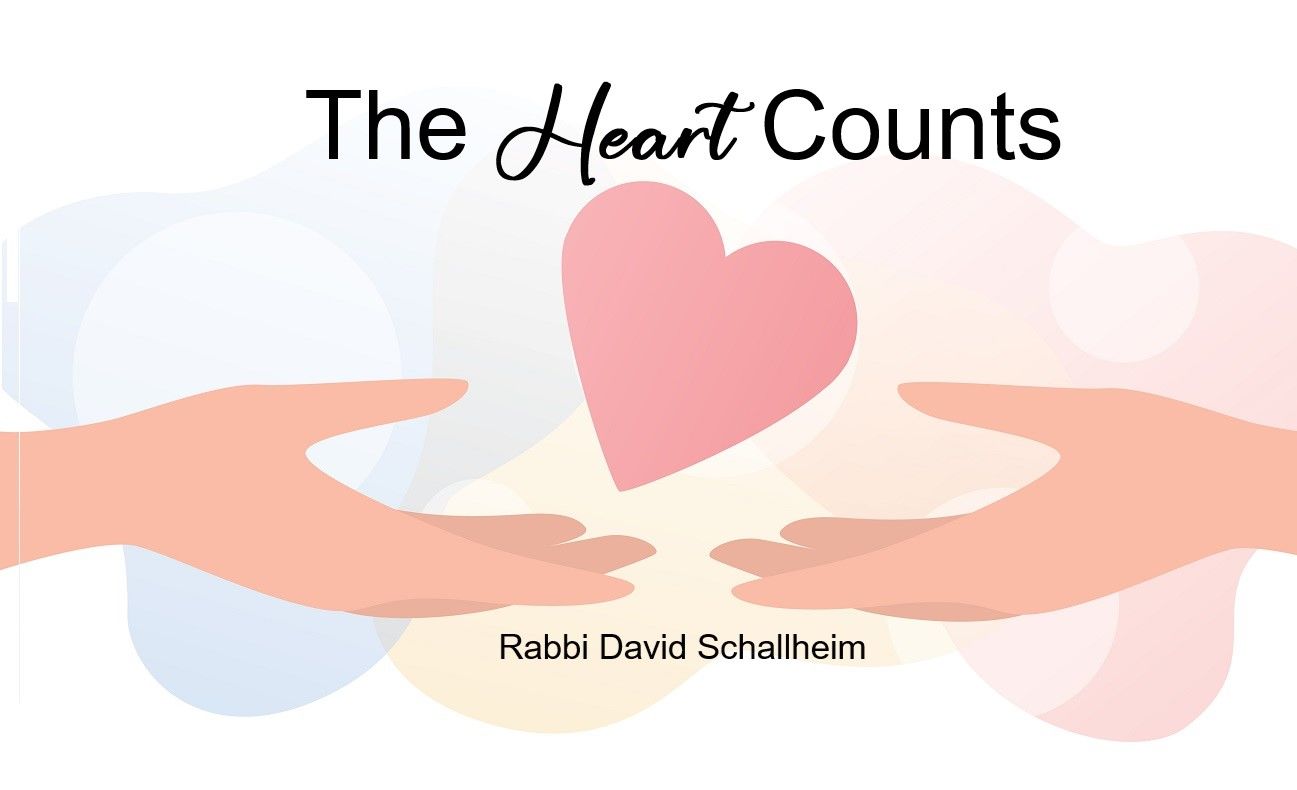
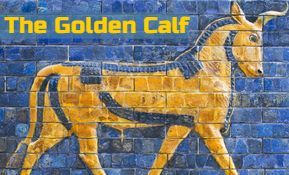
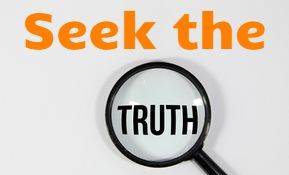
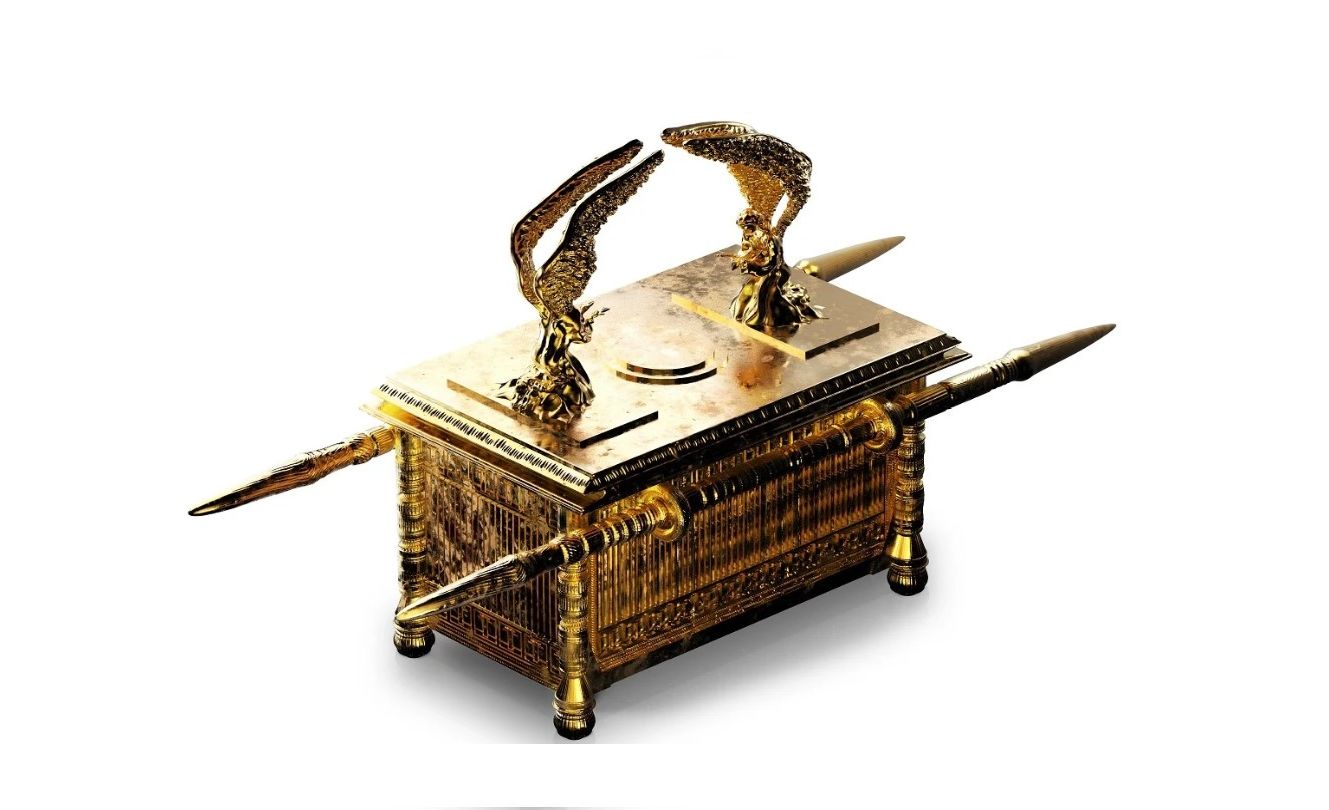
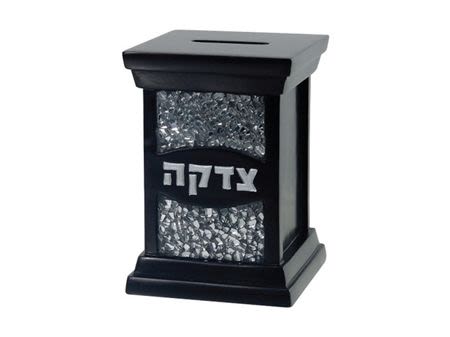
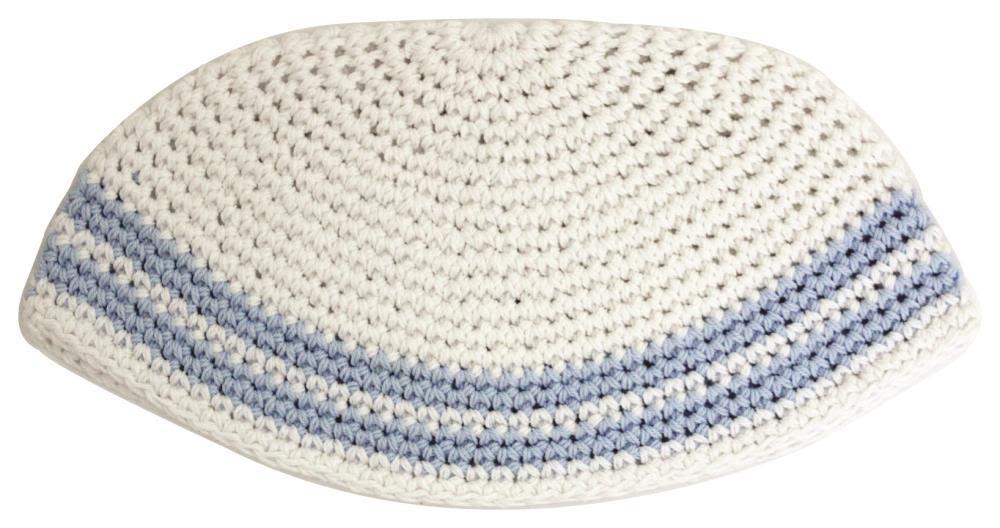
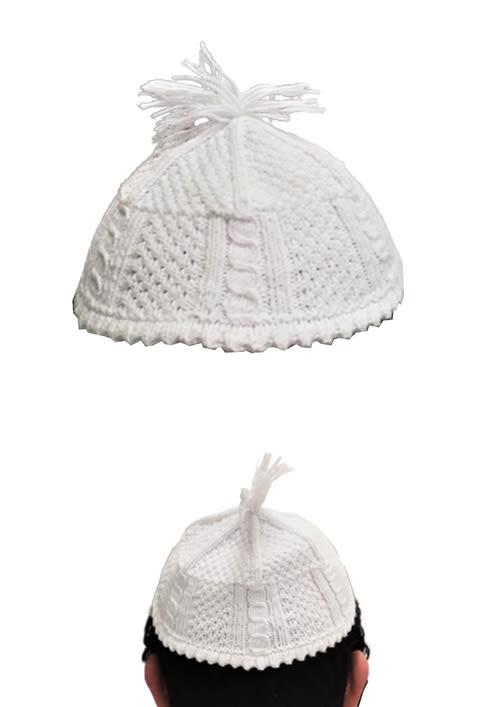
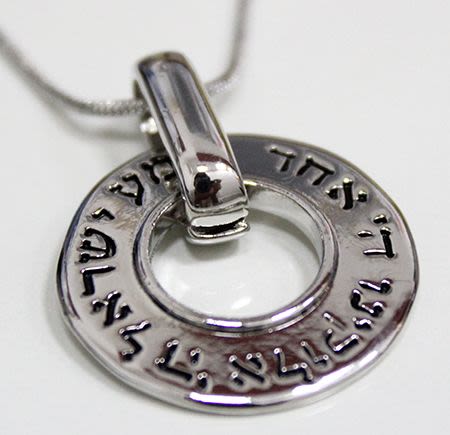
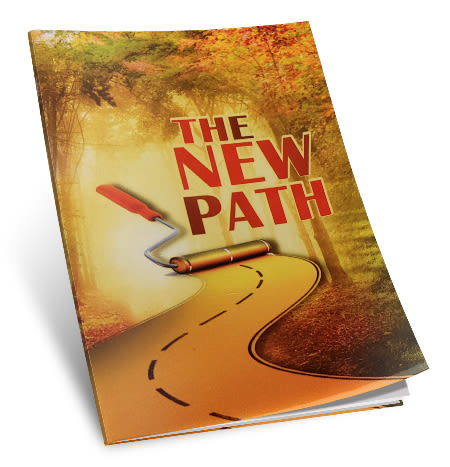
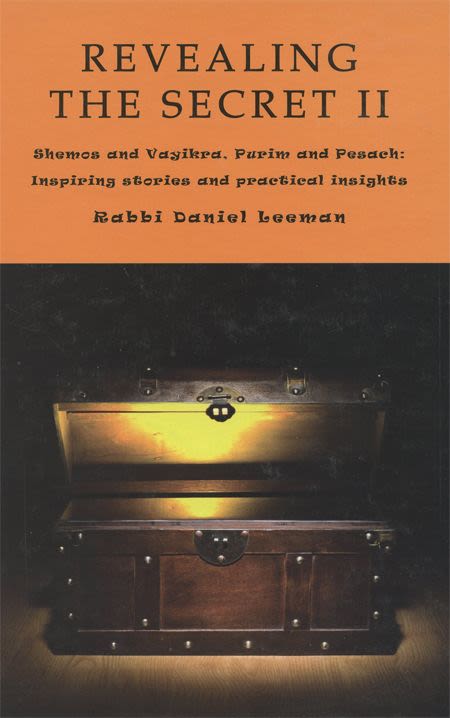
Tell us what you think!
Thank you for your comment!
It will be published after approval by the Editor.